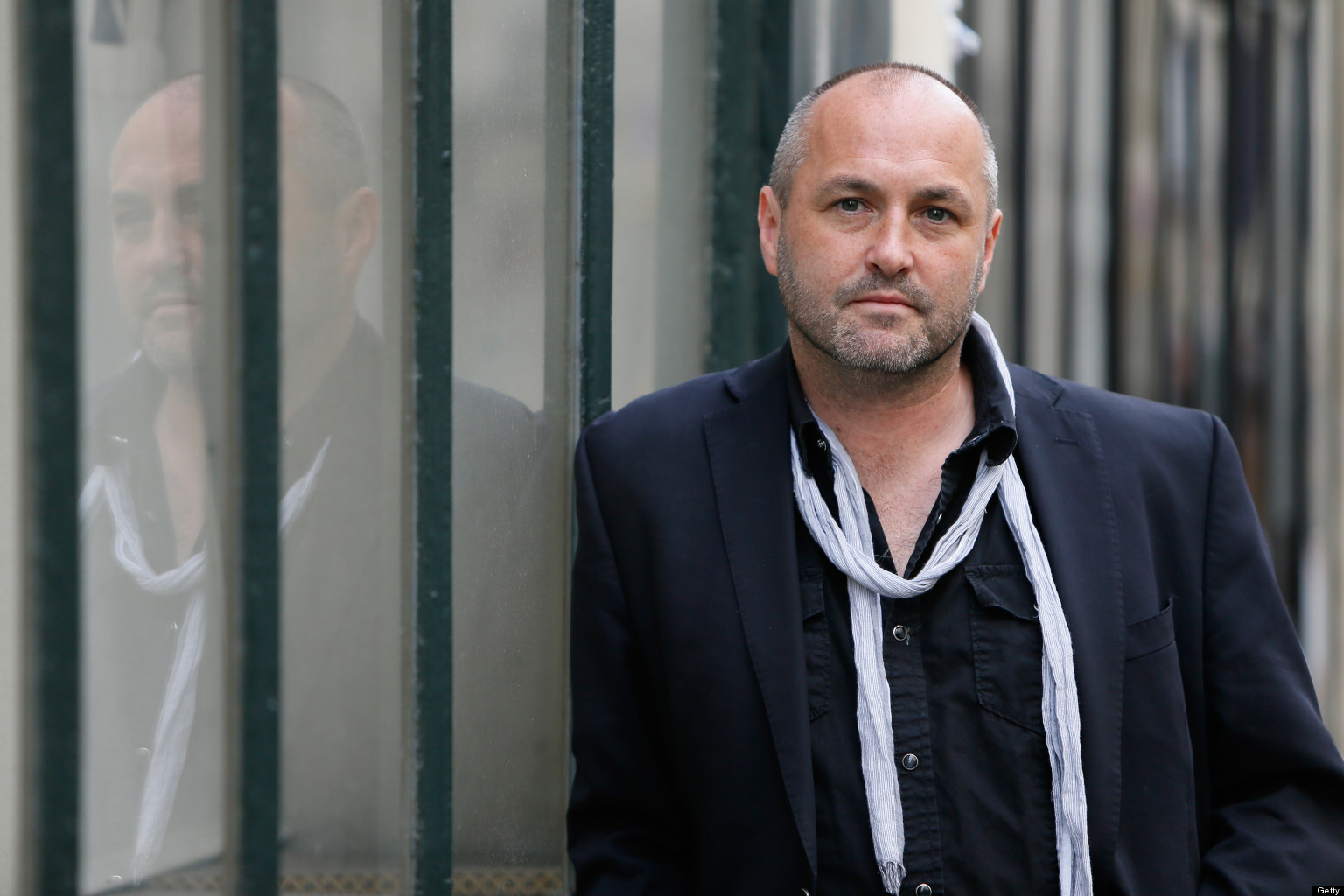I had the immense good fortune of receiving teachings from her in June on the 37 practices of a bodhisattva.
You might think (I did) that someone who's been a nun for so long would
be removed from daily life and, while admirable, be difficult to relate
to. In this case, you would be so so wrong. She is delightful -- truly
filled with delight -- and animated. She shares her deep knowledge with
great humor and frequent laughs. Her smile stretches her face, and her
blue eyes spark. She is fervent, intelligent, and experienced.
Fifty years ago today, Jetsun Tenzin Palmo was ordained as a novice Buddhist nun by Khamtrul Rinpoche, one of the first Western women to take the vows. Forty years ago on the same date, she became the first Western woman to be fully ordained. It was an auspicious occasion -- Jetsunma is still teaching, re-established a lineage of Tibetan nuns, and is fighting for women to get the teachings they've been denied for centuries.
She discovered Buddhism as a teenager in England (and walked around town in what she thought approximated Buddhist robes until she met some actual Buddhists and saw they dressed like other people). She learned about an Englishwoman who ran a place in India where Tibetans who'd escaped from the Chinese takeover of their country, and moved there, meeting many newly arrived high lamas. She became a nun and spent seven years meditating in a cave in Tibet. (Her story is told in the book Cave in the Snow, or you can read the abridged version here.)
She was made for the solitary meditative life, but her plans to go back to deep retreat were repeatedly thwarted by events. Now she runs a nunnery, Dongyu Gatsal Ling, re-establishing the nuns lineage in her tradition. She hopes to get the nuns the teachings she was denied because she is a woman.
During a Q&A, Jestunma was asked if she had any disappointments about her experience. She replied that she feels like a failure -- causing audible gasps from the devoted attendees. Her goal was to become enlightened in this life, she explained, and she was unable to get the traditional teachings that would lead her there because she is a woman.
As heart-breaking as it was to hear this extraordinary woman, who has such deep understanding of things I can only glimpse, confess to feeling like a failure, it was also reassuring, in some ways. If she's not enlightened, that means she has to stay and teach us and return in future lives to lead us beings toward nirvana. And it was proof that feelings -- sadness, happiness, anger -- continue to happen even after years of study and practice and that it's possible to feel them, genuinely, and let them pass, like the clouds in the sky.
After all, as Jetsunma said, it's all rainbows.
You can see tributes to her on her Facebook page.




